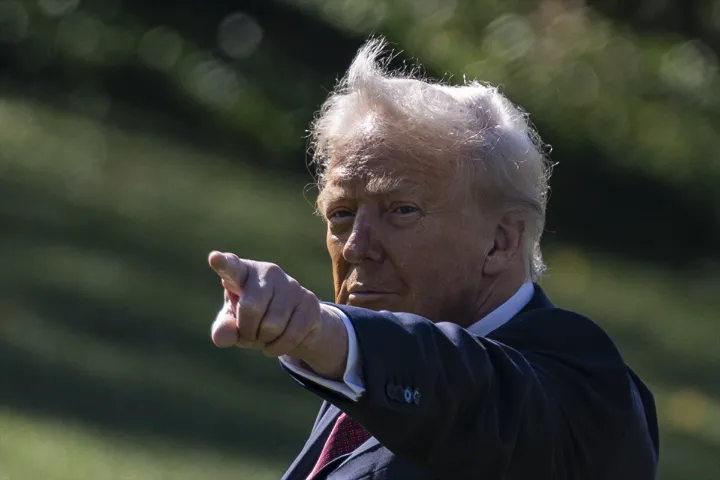United States
The US sanctions waiver list has been published – but Hungary is not on it

Front-row at SIBF 2025: Will Smith delivers his most honest talk yet

PM Orbán reveals whether Hungary would ever leave the European Union

Michael Jackson exhibition opens in Budapest: Exclusive memorabilia and local memories of the King of Pop

New poll hints at a surprising twist for the 2026 election in Hungary: should many be worried?

PM Orbán disputes US Secretary Marco Rubio’s statement regarding Hungary’s sanctions waiver

Lie or confusion? Orbán says “indefinite,” Washington says “one year” — Latest on US sanctions waiver

Orbán called his meeting with Trump historic, the White House called it lunch

Best-selling author Stacy Willingham explores the psychology of suspense at SIBF 2025

The US brings more nuclear bombs to Europe while withdrawing troops from Hungary and Romania

Will utility and fuel prices soar in Hungary after the EU bans purchasing Russian oil and gas?

PM Orbán may secure historic multi-billion-dollar loan from the USA before the 2026 elections

American investments could break record in Hungary

Péter Magyar vows to reset Hungarian-Russian relations and introduce euro

PM Orbán talks about successfully averting a real disaster in Washington

Pilots help estimate cost of Orbán’s Wizz Air trip to Washington

Hungary set to purchase HIMARS rocket systems from the United States, says Defence Minister

Brussels responds to Orbán–Trump energy deal that Washington and Budapest can’t agree on





 ZH
ZH IT
IT DE
DE HR
HR NL
NL FR
FR JA
JA RO
RO RU
RU ES
ES TR
TR
